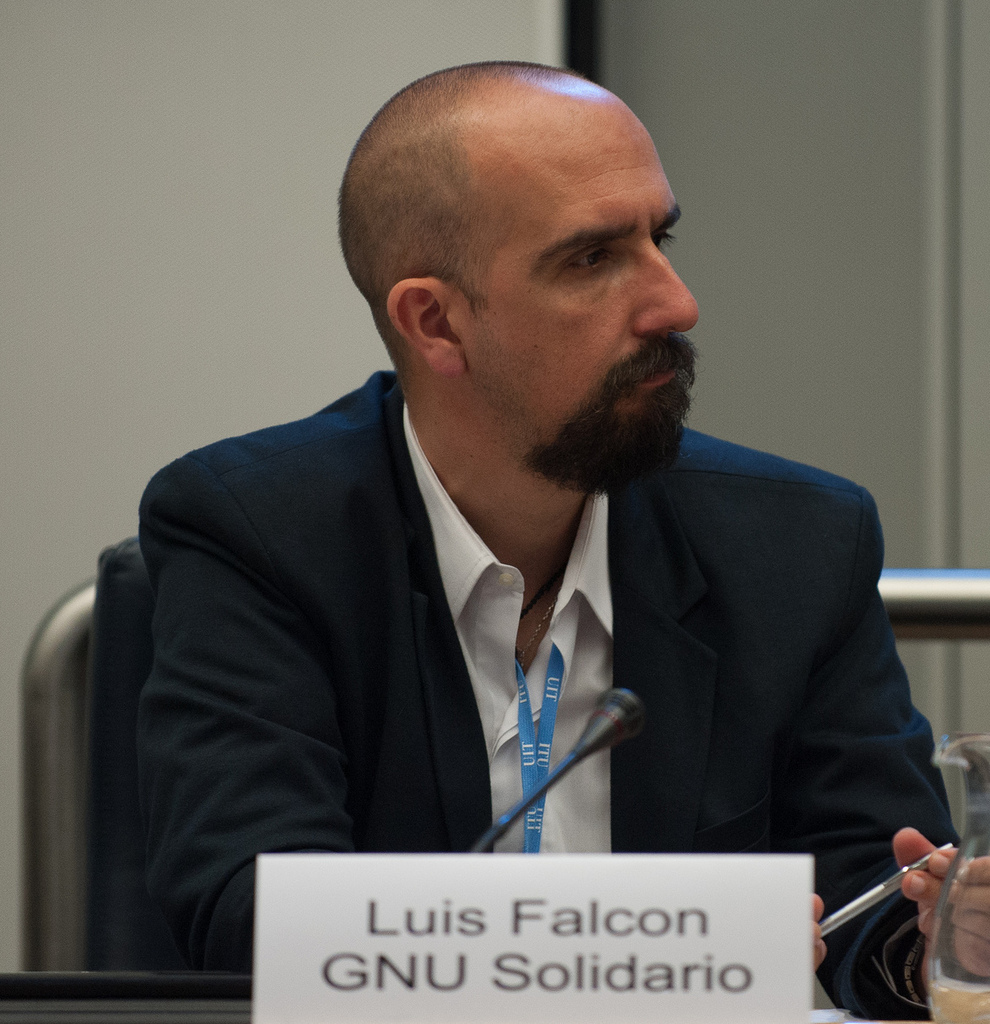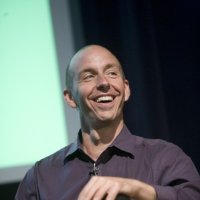Title: Predicting the quality of user contributions via LSTMs
Authors: Rakshit Agrawal and Luca de Alfaro (University of California, Santa Cruz)
Abstract: In many collaborative systems it is useful to automatically estimate the quality of new contributions; the estimates can be used for instance to flag contributions for review. To predict the quality of a contribution by a user, it is useful to take into account both the characteristics of the revision itself, and the past history of contributions by that user. In several approaches, the user’s history is first summarized into a number of features, such as number of contributions, user reputation, time from previous revision, and so forth. These features are then passed along with features of the current revision to a machine-learning classifier, which outputs a prediction for the user contribution. The summarization step is used because the usual machine learning models, such as neural nets, SVMs, etc. rely on a fixed number of input features.We show in this paper that this manual selection of summarization features can be avoided by adopting machine-learning approaches that are able to cope with temporal sequences of input.
In particular, we show that Long-Short Term Memory (LSTM) neural nets are able to process directly the variable length history of a user’s activity in the system, and produce an output that is highly predictive of the quality of the next contribution by the user. Our approach does not eliminatethe process of feature selection, which is present in all machine learning. Rather, it eliminates the need for deciding which features from a user’s past are most useful for predicting the future: we can simply pass to the machine-learning apparatus all the past, and let it come up with an estimate for the quality of the next contribution.
We present models combining LSTM and NN for predicting revision quality and show that the prediction accuracy attained is far superior to the one obtained using the NN alone. More interestingly, we also show that the prediction attained is superior to the one obtained using user reputation as a feature summarizing the quality of a user’s past work. This can be explained by noting that the primary function of user reputation is to provide an incentive towards performing useful contributions, rather than to be a feature optimized for prediction of future contribution quality.
We also show that the LSTM output changes in a natural way in response to user behavior, increasing when the user performs a sequence of good quality contributions,and decreasing when the user performs a sequence of low-quality work. The LSTM output for a user could thus be usefully shown to other users, alongside the user’s reputation and other information.
This contribution to OpenSym 2016 will be made available as part of the OpenSym 2016 proceedings on or after August 17, 2016.


